One of my favourite parts of Sonic x Shadow Generations, released last week, is the wealth of music, stories, and art in the game’s Collection. Acquired hidden emblems throughout each stage can be used as keys to unlock treasure chests throughout the White Space central hub zone and, with a quick shift of location, Shadow can check out his history through some wonderful artwork.
It’s a huge privilege, therefore, to be able to introduce the below sketches from Sonic Team’s Kazuyuki Hoshino, from the development of the Shadow the Hedgehog game. Before this, Hoshino worked as an artist and character designer on multiple games such as Sonic the Hedgehog CD, Sonic Adventure, and Sonic Heroes.
Shadow the Hedgehog as a character was first introduced in 2001’s Sonic Adventure 2 as the ‘Ultimate Lifeform’, before appearing in his own standalone game in 2005 where he notably wields a gun. Hoshino worked as art director on both projects. With further details provided by Hoshino, the below sketches reveal early concepts for not only Shadow’s design, but the proposed weaponry, and bad guy Black Doom. Please enjoy!
“I wanted to create a deep, mature story suited to backstory. Shadow was created with the idea of him being a lead character and not just part of a cast of characters,” Hoshino tells Eurogamer of working on the Shadow the Hedgehog game, where that promise was fulfilled.
“When designing Shadow, I wanted to create a character with that sense of speed to rival that of Sonic himself. Sonic’s speed is a result of running very fast and it would be boring if a new character achieved their speed in the same way. So I thought back to when I designed Metal Sonic, who achieves his high speeds via a jet engine and I also drew inspiration from speed skaters, giving Shadow his own unique ability that allows him to achieve the same speed as Sonic but in a different way.”
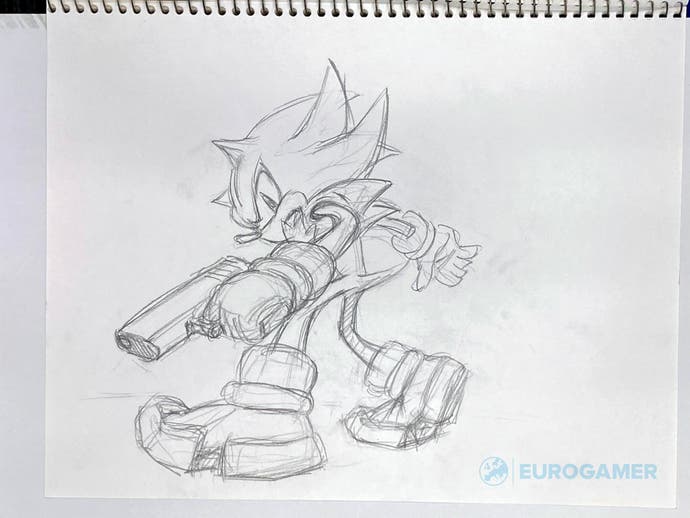
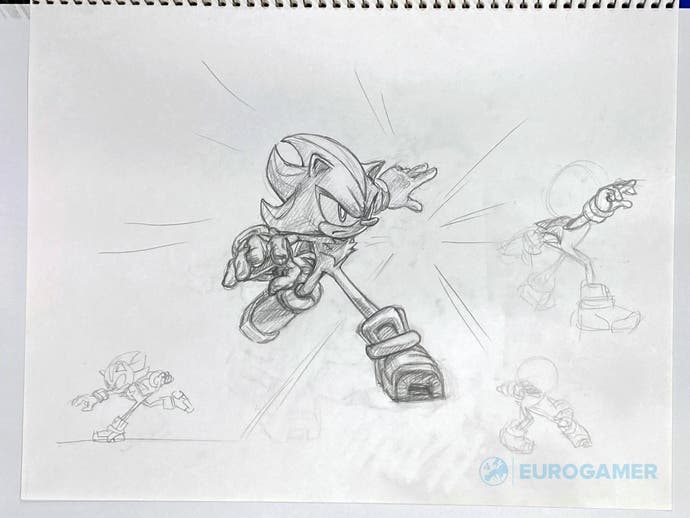
Shadow therefore achieves speed through skating rather than running, as well as his iconic Chaos Control ability.
Before Shadow, though, there was Terios – a design featuring longer spikes and scars to look particularly menacing.
“When we originally started development, Shadow was first called Terios, and his character was more obviously evil,” says Hoshino. “So in his earlier design, we were trying to give him a more evil appearance. And at that time, I personally called him Terios the Prisoner.”
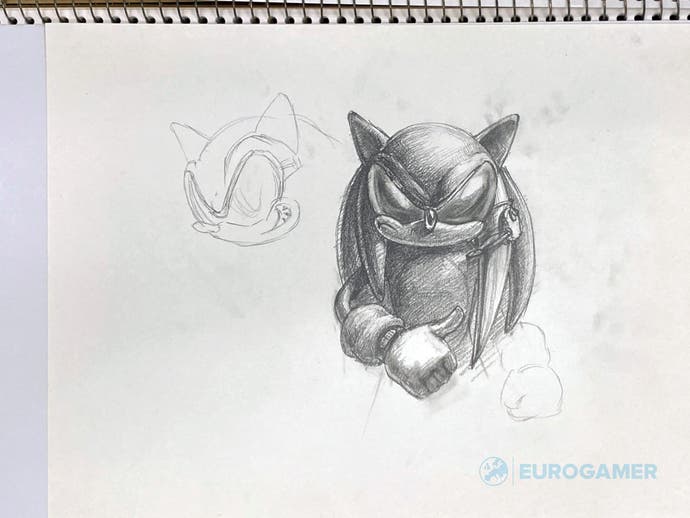
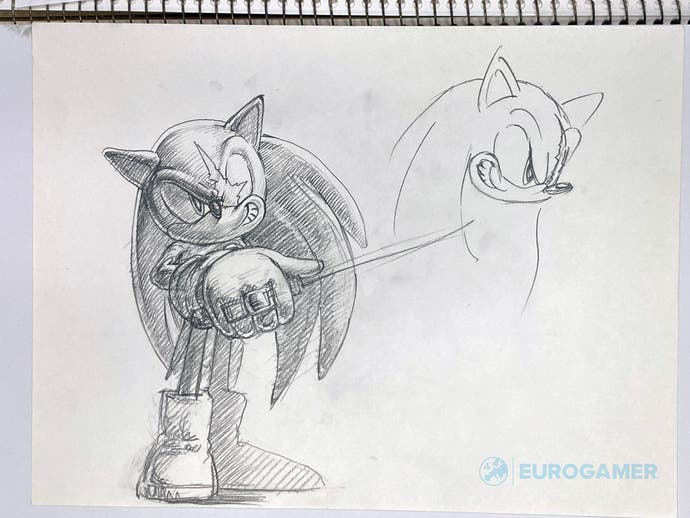
Famously, in his standalone game Shadow doesn’t just run fast – he wields guns too. This was unique to this particular game and hasn’t been explored since. This led to some interesting gun concept designs, as well as poses of Shadow with the weapons.
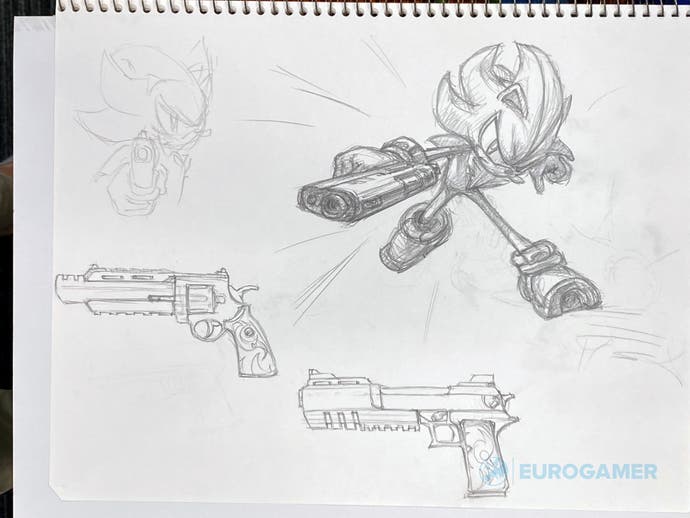
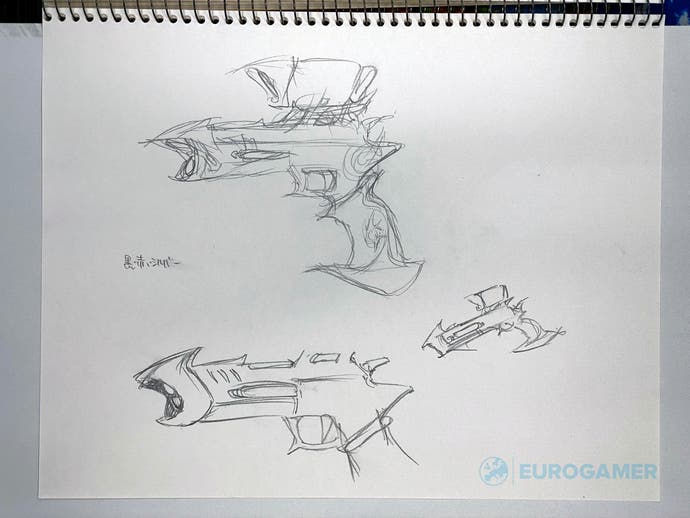
Indeed, Shadow is a particularly cool character – a darker, edgier counterpoint to the blue blur himself – and this leads to some very dynamic artwork. That’s certainly been mirrored in Sonic x Shadow Generations, with Shadow’s cutscenes depicting him in a more action hero manner.
“Shadow’s selling point is his speed-skating inspired action,” says Hoshino. “The way he smashes his powerful rage into his enemies has a completely different appeal from Sonic’s smart elegance.” That’s certainly apparent from these sketches.
Of course every hero needs a villain, even anti-heroes. For Shadow, in the Shadow the Hedgehog game, that was Black Doom, a tentacled alien whose blood Shadow’s creator the scientist Gerald Robotnik used to provide his power. Hoshino reveals an intriguing parallel with another character.
“Professor Gerald’s research has shown that Black Doom is genetically related to Shadow. I wanted to create a visual link between them, so I used all black colouring for him and his minions, coupled with red highlights,” he says.
“Black Doom only has an upper body and floats in the air, which helps to depict his awesome power. He is a lot like a character called Wizeman, who I designed many years ago for NiGHTS. I was aiming for a mysterious appearance, like some kind of object of religious worship.”
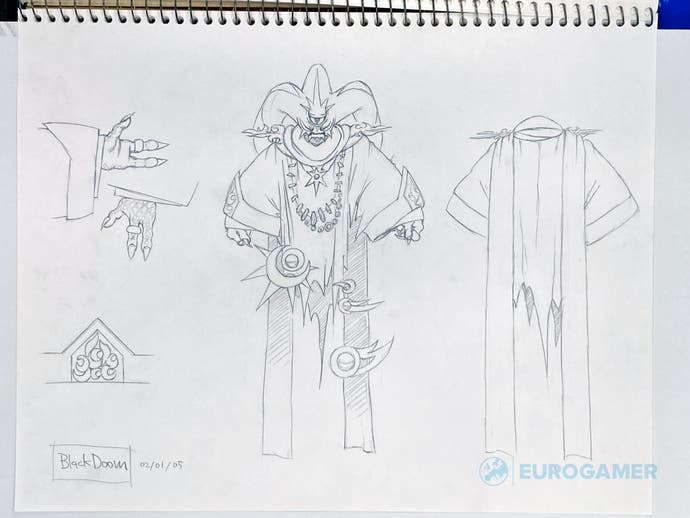
Despite only appearing in one standalone game, Shadow has become a recurring character in the Sonic universe since his debut in Sonic Adventure 2. Sonic x Shadow Generations can attest to that as it repeats the hedgehog’s history, not to mention this year’s Sonic the Hedgehog 3 film in which the anti-hero is voiced by Keanu Reeves. Sega dubbed 2024 the Year of Shadow with a whole host of features.
So what is it about Shadow’s character and design that’s proven so enduring? “I think the most appealing thing about Shadow is his deep backstory,” suggests Hoshino. “His anti-hero persona comes from his memories of the past and can’t be expressed by simple words or through anger, sorrow, or love. I think fans are drawn to his story, and his fate and of course, he looks really cool.”
What’s more, his design (unlike Sonic’s) hasn’t really been altered since he debuted. Says Hoshino: “Shadow’s design hasn’t really changed, and I like the depiction of Shadow in the Paramount movie. Regarding the original Shadow design, various approaches were tried, before finally settling on a design that fans approved of and that has endured ever since.”

Still, Shadow has only appeared in 3D games rather than the pixel art of the original Sonic games. Is that something we could see in future? “Pixel art or 3DCG are nothing more than single means of expression,” says Hoshino. “I will not rule out Shadow appearing in any format in the future. Regarding 3D, technology has come a long way since the time of Sonic Adventure 2 and I hope players will enjoy seeing the latest technology in action in Sonic x Shadow Generations.”
Sonic Team’s latest game certainly cements Shadow the Hedgehog as not just a fan favourite but a character deserving of his own game – let’s hope Shadow the Hedgehog wasn’t a one-off. What’s more, it’s some of the best 3D Sonic gameplay yet seen, with Shadow’s Doom Powers adding another layer of complexity to gameplay.
Perhaps, too, we could see Shadow appear in the follow up to Sonic Frontiers, Sega’s open zone game. It’s clear he’s proven to be an exceptionally popular character in the Sonic universe and, for me, that’s only intensified with these sketches.
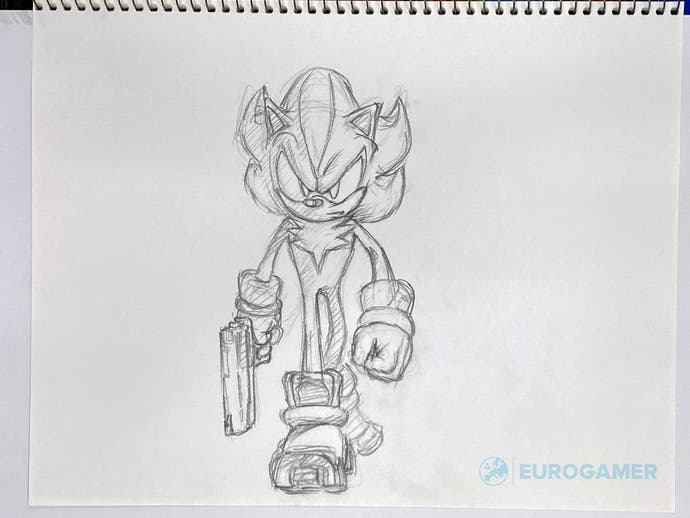
fbq('init', '560747571485047');
fbq('track', 'PageView'); window.facebookPixelsDone = true;
window.dispatchEvent(new Event('BrockmanFacebookPixelsEnabled')); }
window.addEventListener('BrockmanTargetingCookiesAllowed', appendFacebookPixels);
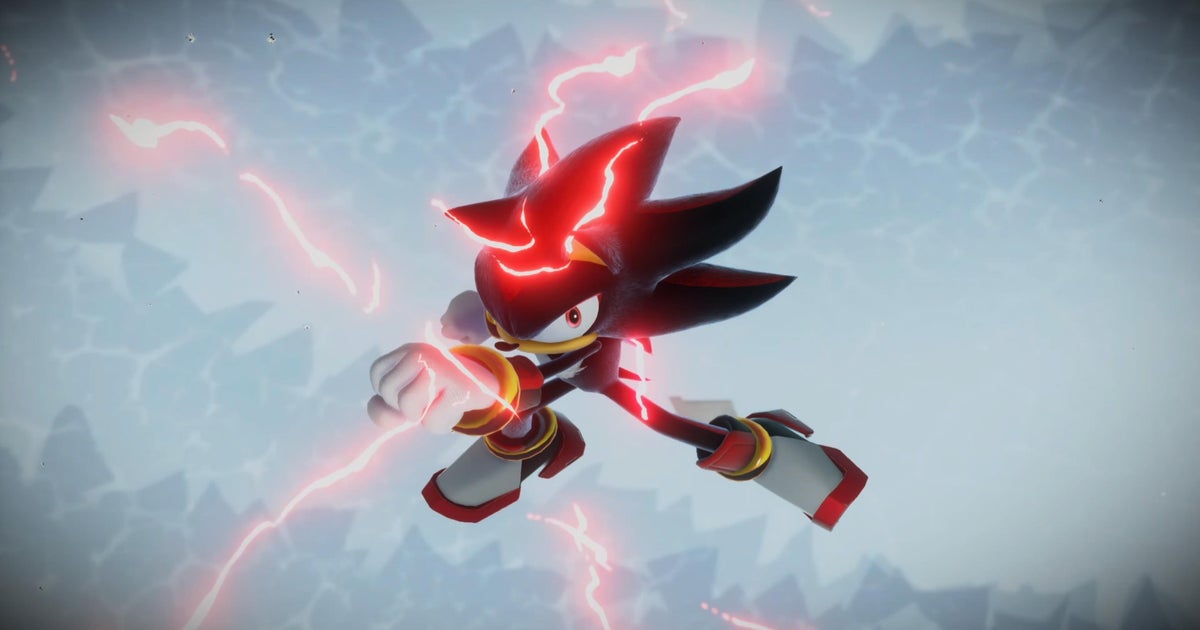
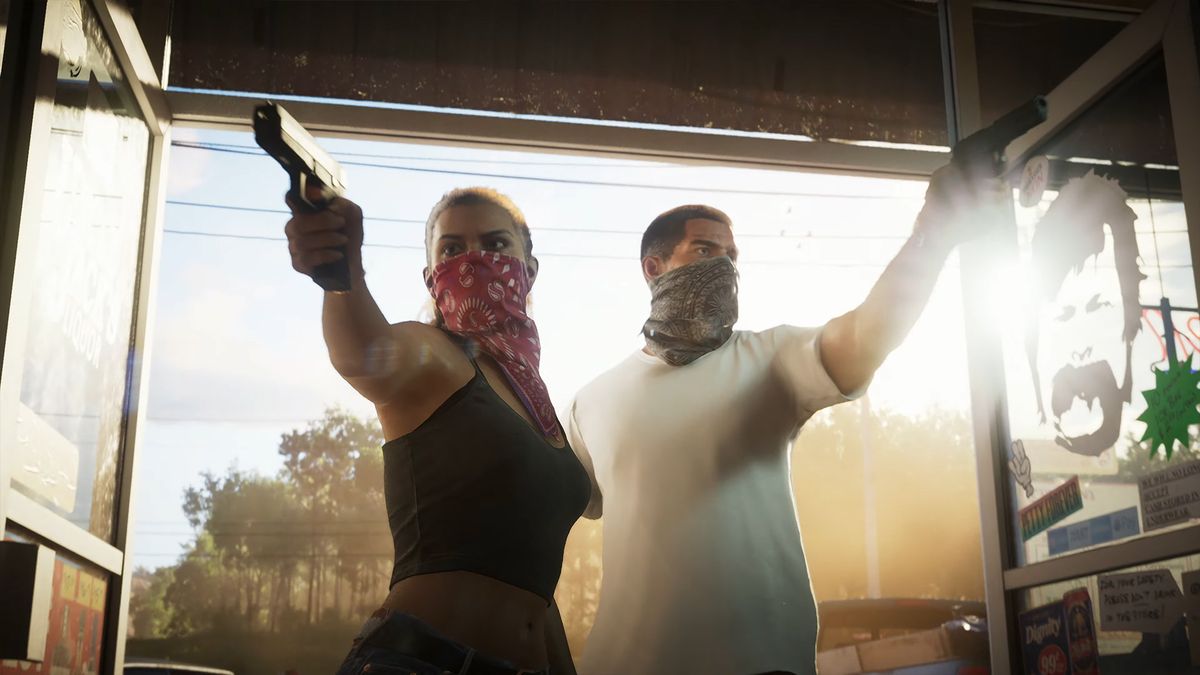
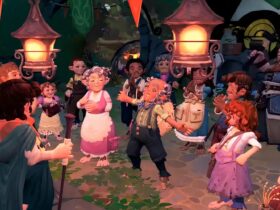
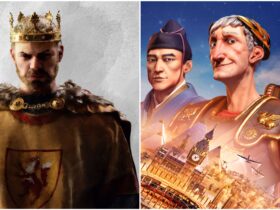
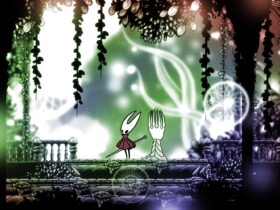
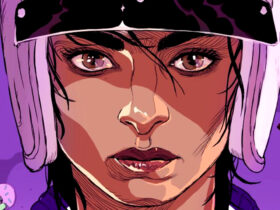


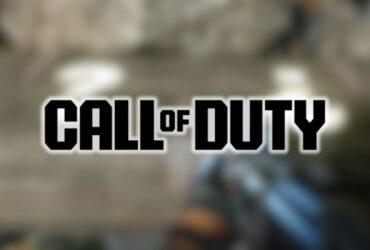


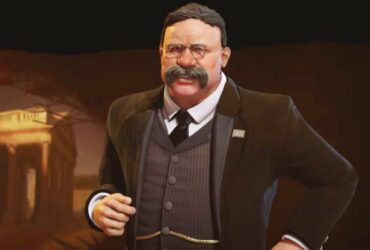
Leave a Reply